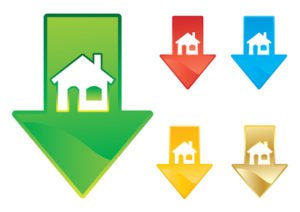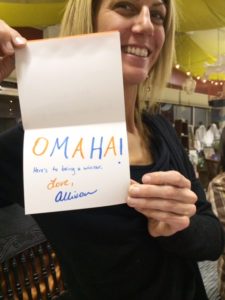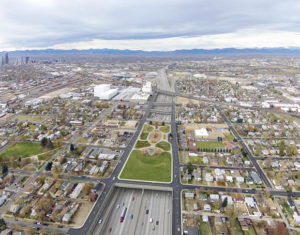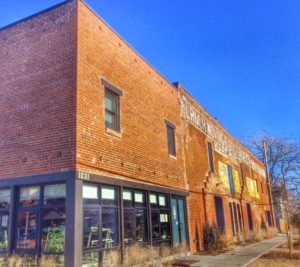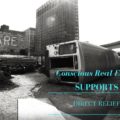
 I love helping people create their homes and I love giving back. Not only does it keep me happy, (YES, contributing a consistent portion of my income makes me HAPPY), I receive constant inspiration from witnessing the problems of our world and seeing the creative changes that nonprofits enact in our local and global community. Elephant Energy is such an organization who has sought to implement creative solutions to problems they have identified in the world.
I love helping people create their homes and I love giving back. Not only does it keep me happy, (YES, contributing a consistent portion of my income makes me HAPPY), I receive constant inspiration from witnessing the problems of our world and seeing the creative changes that nonprofits enact in our local and global community. Elephant Energy is such an organization who has sought to implement creative solutions to problems they have identified in the world.
Over 1.3 billion people in the world have no access to electricity. Elephant Energy works to solve this problem by empowering local entrepreneurs to supply affordable, clean, and practical energy technologies to their communities. With operations in Namibia, Africa and on the Navajo Nation in the United States (under the name Eagle Energy), their technologies help reduce household expenditures and health risks associated with traditional lighting and enable children to study after dark, businesses to stay open later, and people to stay connected to news and their families. So, what does this look like in practice?

Meme Felicia smiles, cooking fresh cuts of meat and preparing chips in Oshikango market. She adds another cut of beef to the grill. Customers wait in line and point to the pieces of meat they want, and grab a piece of tripe to chew on while they wait for Felicia to prepare their order. Felicia serves up a plate full of food to a hungry customer, and he pays his bill and begins feasting.
What’s strange about this scene? Its hours after dark. A month ago, Meme Felicia would close her business at sunset because she didn’t have access to light.
Meme Felicia has prepared and sold food in Oshikango market for 4 years. There was no electricity at her business location, so she used candles to keep her business lit. The candles were placed above her so she could illuminate her working area, but wax from the candles would drip on the meat and customers complained. Even with the use of the candles, she would close her business around sunset because the candles could not provide enough light to operate during the night.
Last month, Felicia attended a solar light demonstration in Oshikango hosted by Elephant Energy. At the demonstration, Felicia learned about Elephant Energy’s solar product offerings, including the popular Sun King Pro. As the name suggests, Sun King Pro is powered by the sun. During the day, the Sun King Pro soaks up energy from the sun, and at night, it provides light and also charges cellphones. To those without light at night, it also provides an opportunity to extend activities after dark. And since all of Elephant Energy’s solar products come with a 1-year warranty, including the Sun King Pro, quality is guaranteed. “It didn’t take long for me to decide that this solar light would help my business,” said Felicia. She purchased the Sun King Pro from Elephant Energy a few days later.
She’s now been using the Sun King Pro for a month and in that month, she’s seen dramatic positive changes in her business. Because she no longer uses candles, she saves money on candle costs. The meat she sells is now wax-free and customers compliment her on the quality of the product. Felicia now graciously offers free cellphone-charging services for neighboring business owners. But most importantly, because her business area is now illuminated by the Sun King Pro’s light, she has been able to extend her operating hours so she can sell food to hungry customers hours after the sun has set. “Thanks to my new solar light and extended hours, I have tripled my daily profits,” Felicia exclaims.
I’m inspired. You are too? To learn more about Elephant Energy, take a look at their website. Follow Elephant Energy on Facebook, Twitter, or Pinterest. Or DONATE.
Remember, Conscious Real Estate contributes 10% of all commissions to the nonprofit of our clients’ choice and we would love to give a boatload of money to Elephant Energy. So, give us a call at 303-908-9873 when you buy or sell your next home, tell your friends, tell your mom. We are ready to make some change in the world!






